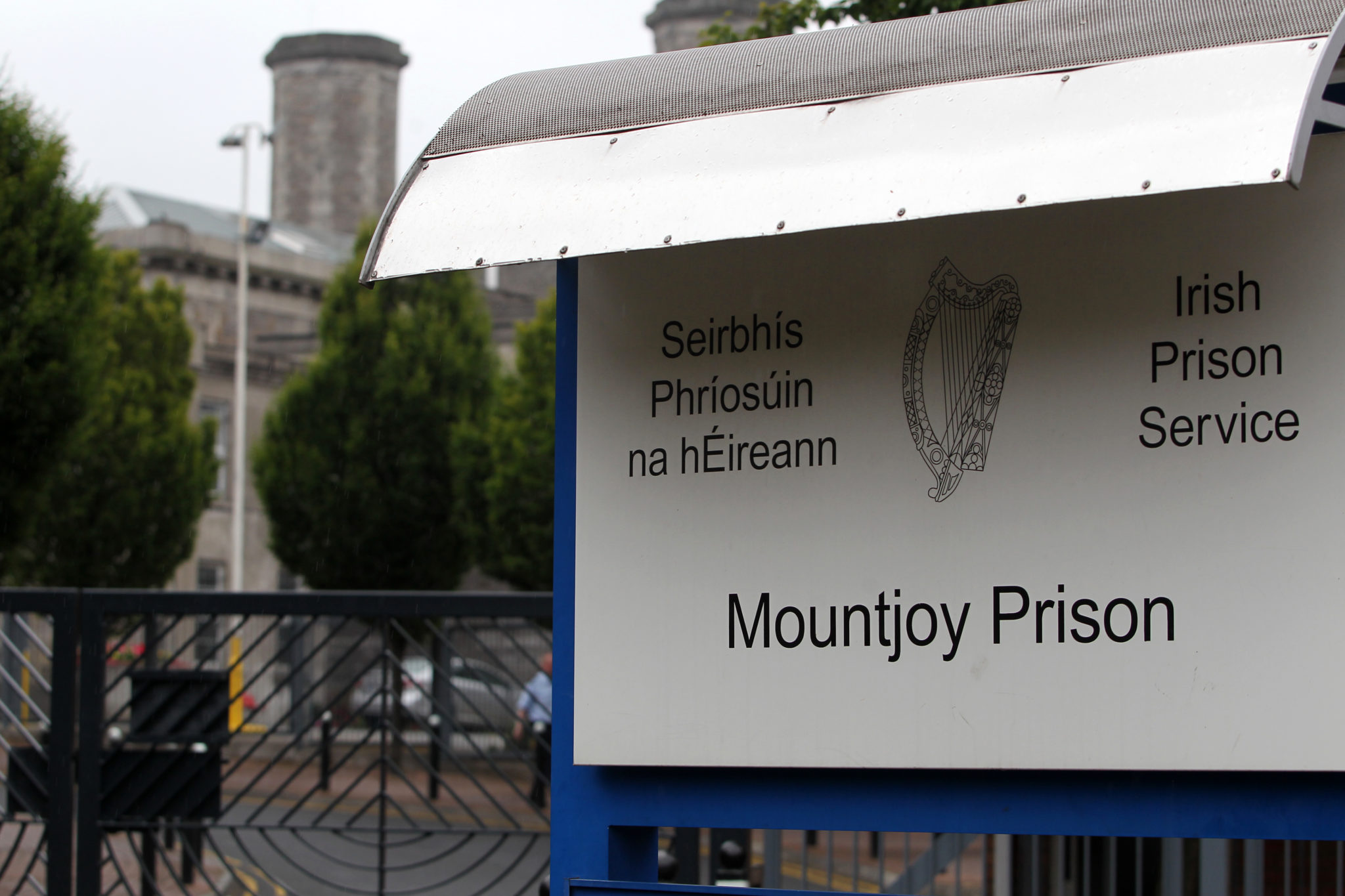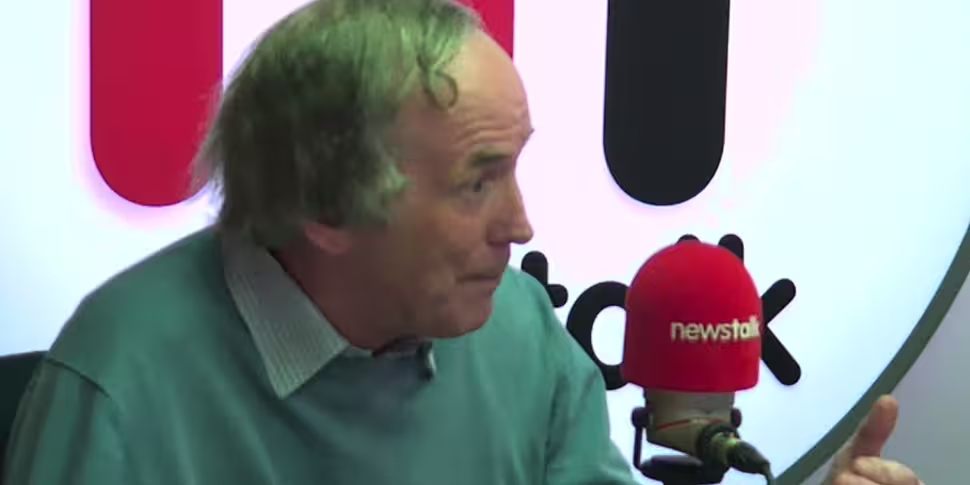There has to be some compromise when housing transgender prisoners in Irish prisons.
That's according to the former governor of Dublin's Mountjoy Prison, John Lonergan.
He was speaking as guidance on the issue is due to be issued in the coming weeks.
Taoiseach Leo Varadkar has previously said 'violent biological males' should not be housed in women's prisons.
Mr Varadkar was responding to questions about a transgender woman who was jailed for threatening to torture, rape and murder her mother.
The 21-year-old, who legally changed her name and was granted a gender recognition certificate in 2020, was sent to Limerick Women's Prison to begin her five-and-a-half-year sentence.
Mr Lonergan told The Hard Shoulder the Government didn't think this through.
"The Government in 2015 brought out legislation to... give people the right to transition if that was their option," he said.
"It became a human right; I'm sure when they were passing the legislation... they did not consider some of the consequences - like prisons.
"We know in sport it's now becoming an issue, it's going to be an issue in other residential institutions and residential centres - and maybe for hospitals and for the Garda Síochána in due course".
'Under the law, people are entitled to make this transition, and you cannot take away that.' The former Governor of Mountjoy on the issue of housing transgender prisoners. @TheHardShoulder pic.twitter.com/3TWLWqchMo
— NewstalkFM (@NewstalkFM) March 27, 2023
He said a prison is a particularly sensitive area.
"You have a basic human right, where that person is now seen legally as a woman and therefore is entitled to - in law - to what women are entitled to," he said.
"Then you have the other side of that argument... women in prison, many of them are objecting to the fact that [someone] who was once a man, now a woman, is going to be sharing and living in an institution that they are confined in.
"The present solution is no solution: the present solution is simply to put the person into a women's prison and then to confine that person 23/24 hours a day - and that's not sustainable on the long-term".
 Mountjoy Prison in Dublin is seen in 2014. Picture by: Sam Boal/Photocall Ireland
Mountjoy Prison in Dublin is seen in 2014. Picture by: Sam Boal/Photocall IrelandMr Lonergan said certain prisoners are already curtailed away from the general population, such as sex offenders.
"All sex offenders are segregated, and in some cases fairly seriously restricted in relation to their access to services - simply on the basis that they crime they committed is not acceptable to a vast number of prisoners," he said.
"That has been challenged over the years on many occasions, and inevitably the courts come down on the side of the Prison Service and the operation side.
"The court cannot force the type of equality that would be ideal under the law.
"The campaign that's going at the moment in relation to transgender and their rights... at the end of the day, there has to be some compromise.
"You can meet everybody's rights...the easiest solution is probably residential [facilities].
"It would be relatively easy to organise and to designate an area of residential facilities, where a small number of people could reside and have free association and integration".
'Non-violent crimes'
Mr Lonergan said a person's crime and history should be taken into account.
"If it's a crime of non-violence - embezzlement or fraud - and there's no violence in his previous history and he's transitioned, then it doesn't raise the same concerns," he said.
"In other cases where there's a violent or aggressive element to the crime, or a history, obviously people are genuinely afraid.
"So both sides certainly have legitimate concerns, but the law as it stands is certainly on behalf of the person who has transitioned".
Mr Lonergan said he believes this will ultimately end up before the courts.
Listen back to the full interview below:









